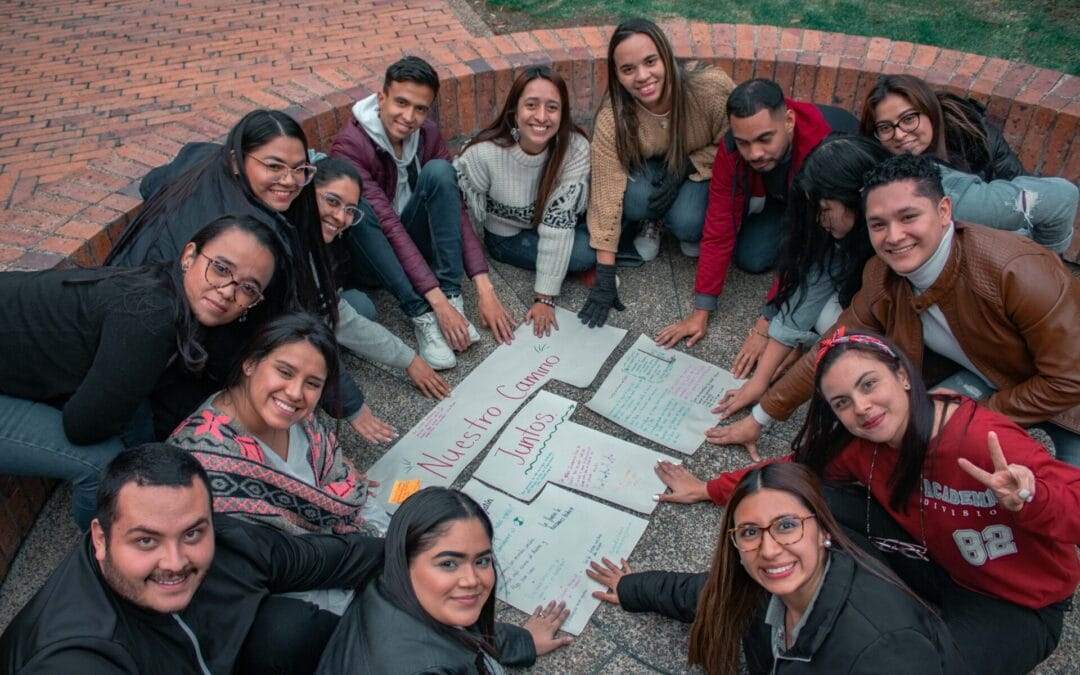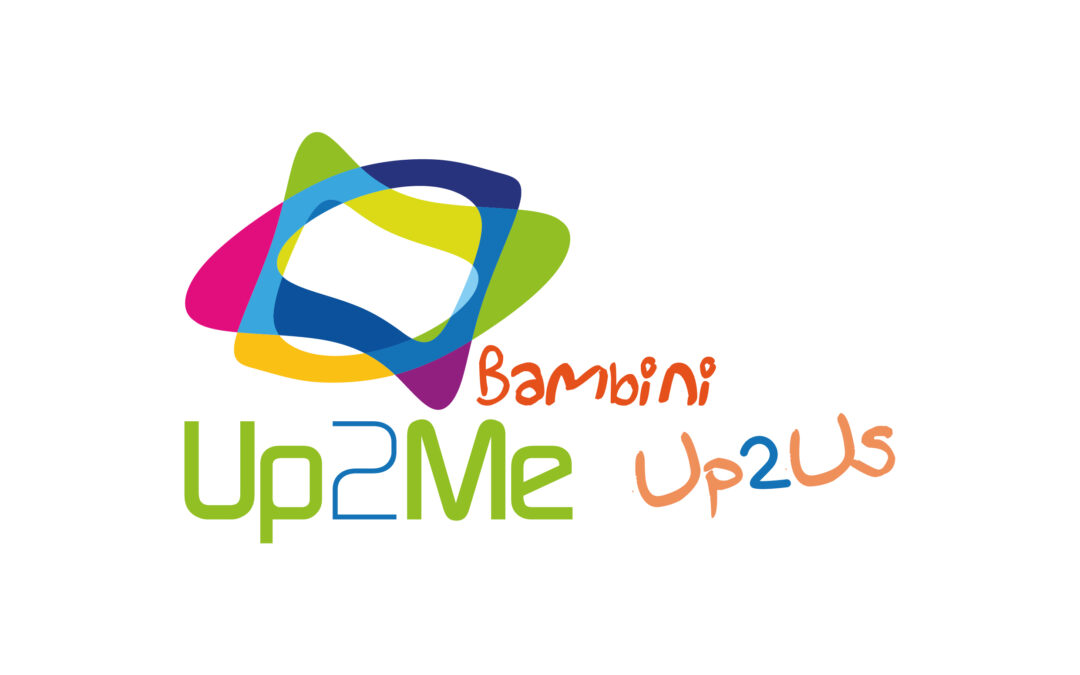
Up2Me for Children: a new educational opportunity
Up2Me is a training and education program on affectivity and sexuality offered by the Focolare Movement. It started in 2015 as a response to the educational challenges facing the young generations of the third millennium. Today it is active in 35 countries around the world, with tailored paths for every age group: children with their families, pre-adolescent and adolescent children (with a parallel path for their parents) and young adults.
We spoke to Paolo and Teresa Radere, long-time educators, especially with Focolare’s younger generations, about the path suitable for children aged 4-8 years.
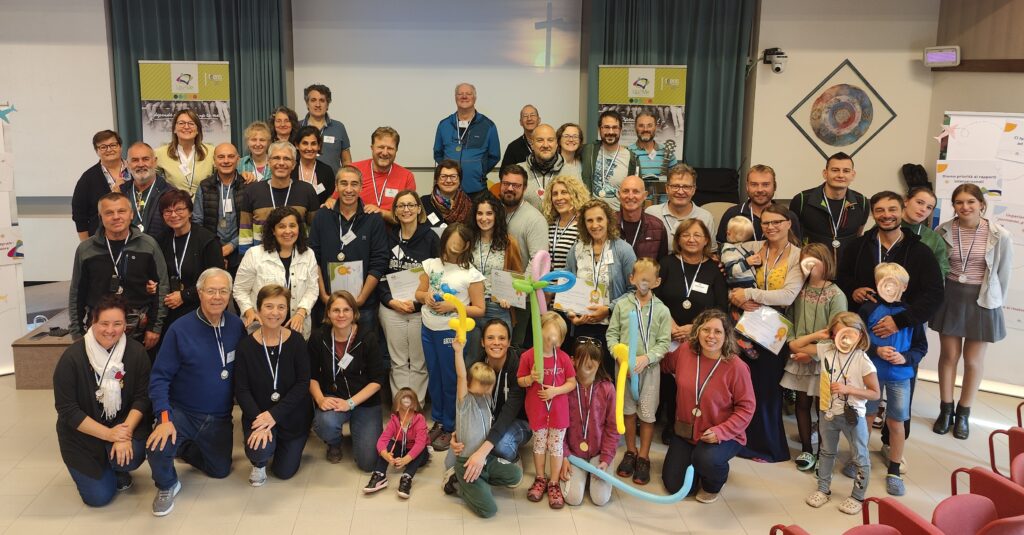
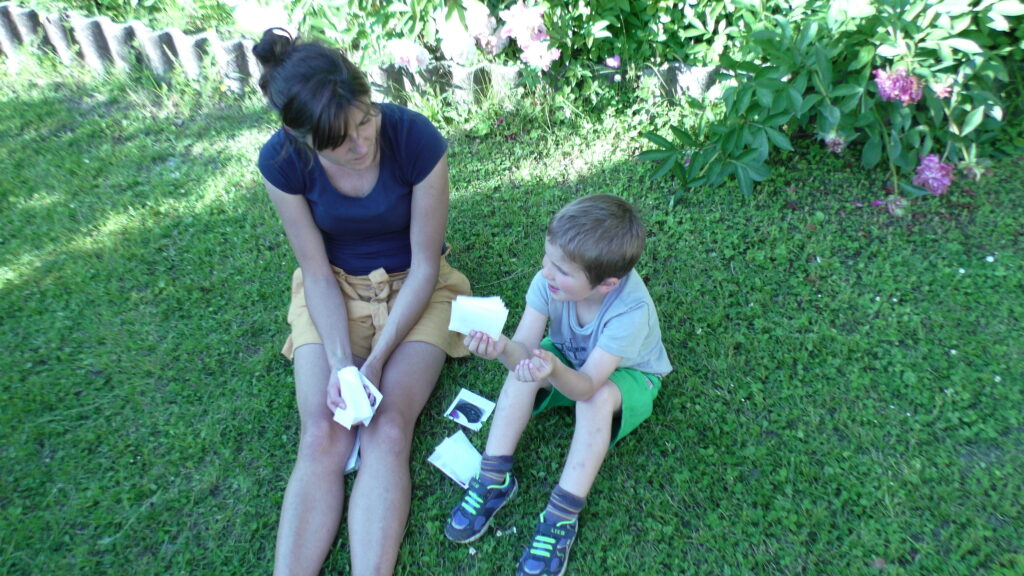
Paolo, Teresa, what is Up2Me for Children?
It is an experience that children can have with their parents, an itinerary for integral formation starting from the development of the emotional, affective, and sexual dimensions. It also engages the spiritual realm and existential intelligence, to foster from childhood a deep and open perspective on the world and others. The pathway promotes positive relationships, creativity in dialogue, acceptance, respect for each person’s uniqueness and a foundation for personal and communal growth and openness to others.
Who is it for?
It is open to all families with children aged 4-8 years. If, as happens in many families, there are older or younger children, participation in Up2Me is not a problem but an opportunity, because it is the whole family that has an experience. The course is also open to children in foster care, those with separated or single parents—in such cases, the child is accompanied by a trusted adult (one of the two natural or foster parents or both, an uncle, a grandparent ….).
The project can be run in family groups, parishes, or schools.
What are the objectives?
For children, the aim is to have shared experiences with their parents and other reference adults, which is necessary for the development of their identity and for an integral and harmonious growth. They learn to recognize, welcome and express in a context-appropriate way primary emotions with a positive value; experience good and effective communication with parents; develop interiority, self-knowledge, grow in the spiritual dimension – understood as the ability to contemplate and transcend, learn to take care of one’s body, others, nature.
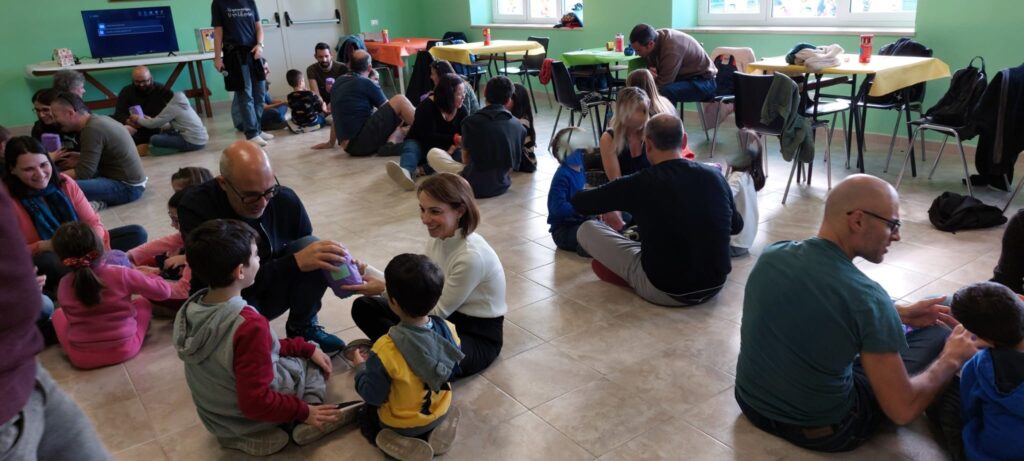
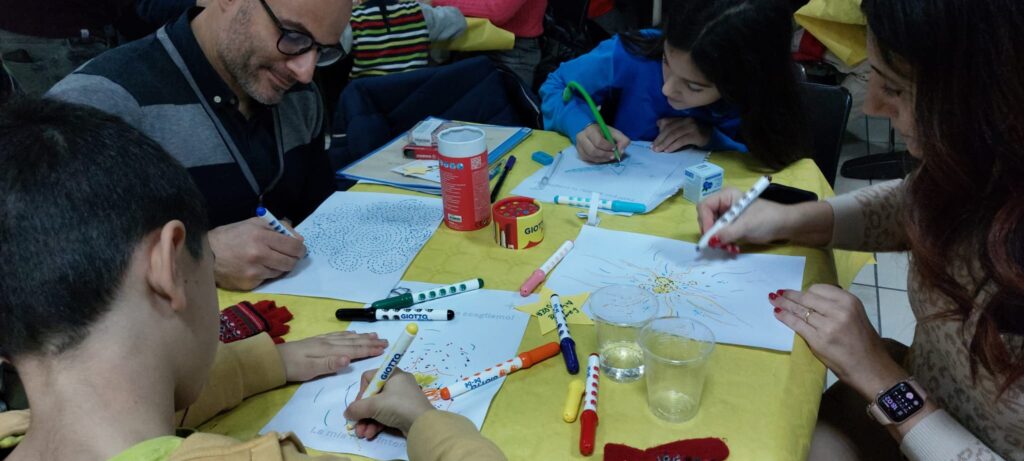
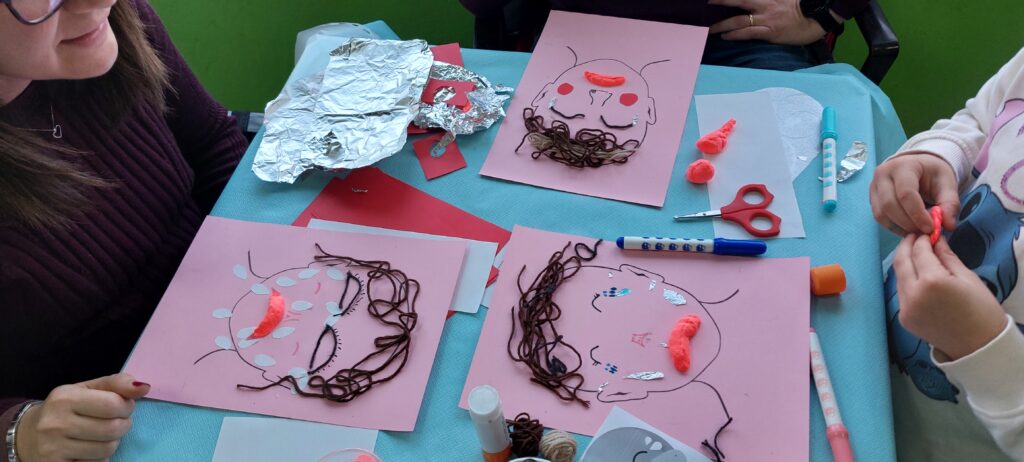
For parents, on the other hand, the course is useful in fostering growth in the ability to dialogue between generations within the family, between families and with contemporary culture to enhance their latent potential; to deepen knowledge about the child’s socio-cognitive and psychological development and the type of relationships that favour it; to understand how parents’ behaviour and relationship with their children affect their growth and learn good educational practices for emotional regulation; and to learn about the influence of new technologies in the upbringing of children and the role of parents in it.
What does the programme include?
From the experience and study of these years and to shape the path undertaken, we have chosen the metaphor of ‘a journey together towards happiness’. We have chosen to work on the emotional-relational education of children because this forms the basis of their affective and sexual relationship; emotions then allow the body and mind to be articulated, which favours integral personal growth. The experiential training method allows parents and children to share their daily experiences in community meetings, to dialogue, to deepen and enlighten, thus building a new knowledge that comes from their own wisdom and that of others.
The content is presented through a plurality of languages: play, movement, sensory, iconic representation, narration, images and dance as characteristics of the approach to the different themes.
The metaphor of a plane trip gives the child the image of the continuity of the journey, the sense of expectation and discovery, the need for work in preparation for the trip. After each stage the experience continues at home because each family unit is given a proposal that helps to continue the dialogue and the climate built with the aim of seeking spaces for growth as a family.
For more information click here or send an email to teresa.radere@focolare.org
Lorenzo Russo
Photo: © Archivio Up2Me

